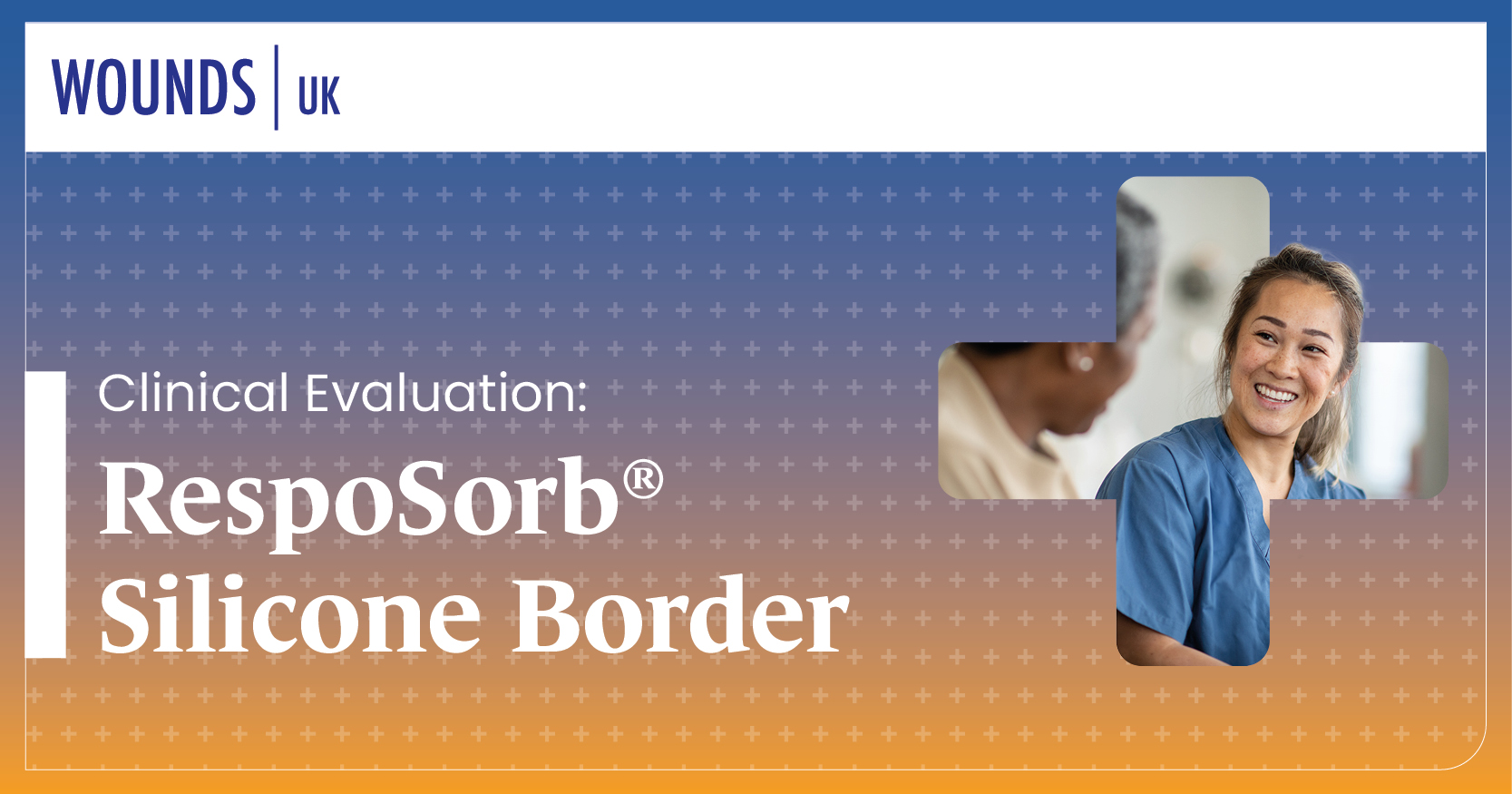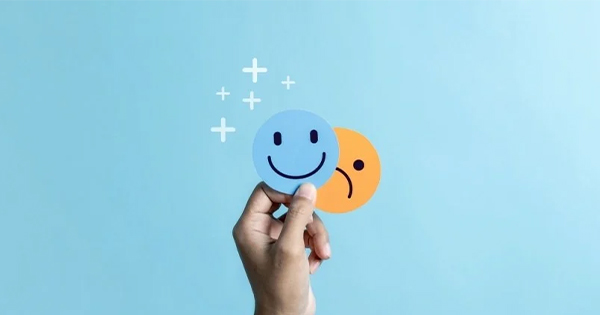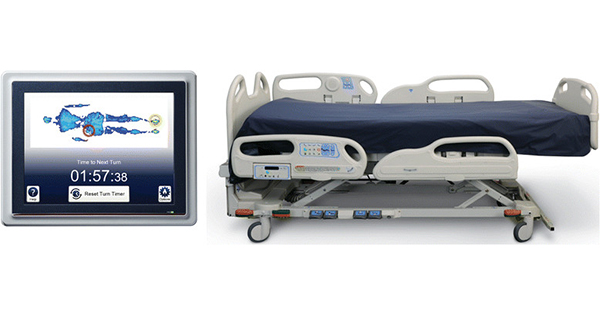The use of computer programmes using automated technology is not new, for example I’m sure we’ve all experienced websites that use chatbots, for example my own University has integrated the use of a chatbot (Cardiff University). However recent developments have meant that these are becoming much more sophisticated, so much so that it can be difficult to differentiate between interactions with a human and that of a computer. One programmes attracting an increased level of interest is ChatGPT, that can generate and understand natural language (OpenAI, 2023). For those of us working in universities there is a concern about the use of these tools by students to gain an unfair advantage to pass exams (Varanasi, 2023), however proponents argue that such programmes can be used effectively in healthcare settings (Dave et al, 2023; Johnson et al 2023; Loh 2023). Potential uses identified from the literature include:
- Providing patient education and support in lay terms
- Supporting telemedicine consultations by providing prompts for questions by healthcare professionals
- Personalising suggested treatments based on patient needs and monitoring of progress
- Improving patient engagement and adherence by providing reminders and encouragement to individuals.
Regarding research, there are suggestions that ChatGPT could be used to support recruitment and retention of patients in clinical trials, again by providing information and ongoing encouragement and advice (OpenAI, 2023). Furthermore, ChatGPT could function to automate medical coding, which could, in turn reduce the risk of errors and improve efficiency in healthcare settings OpenAI (2023).
However there are also concerns regarding ethical issues, for example the programme is known to make-up non-existent references and may give inaccurate information. I tested this out by asking about the International Skin Tear Panel’s classification system for skin tears, it informed me that there are four categories, which there aren’t! Therefore use of the programme is not without its’ limitations and does still require a good level of knowledge and judgement. Interestingly when I informed the programme that the information was incorrect it apologised and generated references on the topic. However only two of the references were relevant and none of the links provided direct access to the correct article! So herein lies one of the limitations at present.
There are also concerns about the medico-legal implications of using ChatGPT i.e. what if a healthcare professional or patient follows advice/guidance generated by the programme thats leads to harm. There may also be copyright issues with differing opinions on whether ChatGPT should be listed as an author on scientific papers where it has generated some of the content (Stokel-Walker, 2023).
I’m sure you’ll recall the concerns about the use of Wikipedia and Google when they first emerged, yet we have grown to accept these as part of everyday life, and we have learnt to be cautious of the information and check authenticity. Subsequent developments have seen Cochrane and Wikipedia working together to improve access to health education (Cochrane, 2023) and Google expanding to include Google Scholar as a specific search engine to support research activity. So perhaps we need to accept that ChatGPT is here to stay, and the best course of action is to seek to understand the technology and consider how we can use it effectively. For those of you working in higher education the Quality Assurance Agency (QAA, 2023) have some useful resources including a recorded webinar – ChatGPT: To ban or not to ban?
To close, here are some questions to reflect on (Anney, 2023):
- Can you spot a bot?
- What are the benefits of embracing this technology?
- What are the ethical issues?
- What are the data challenges (GDPR)







